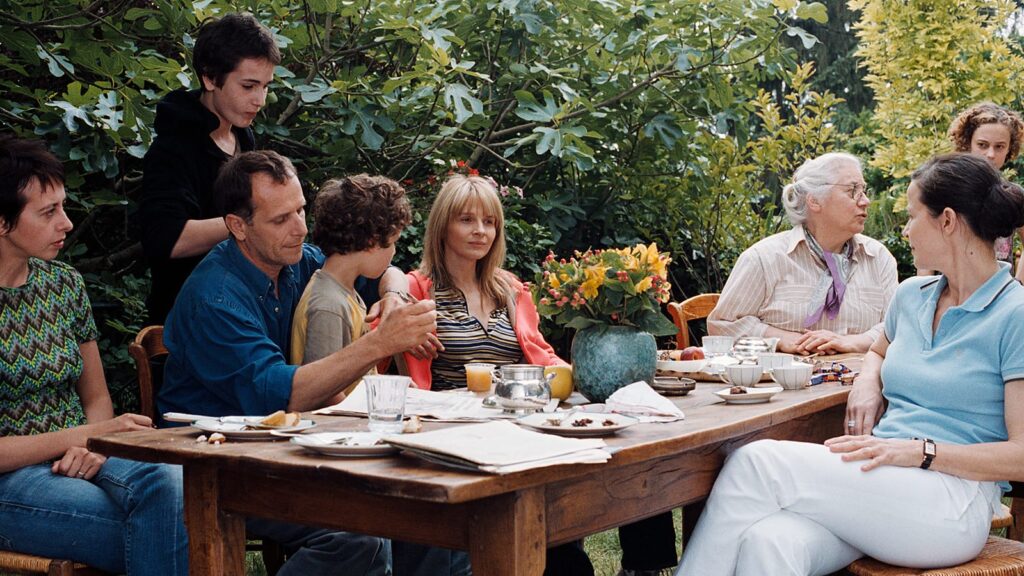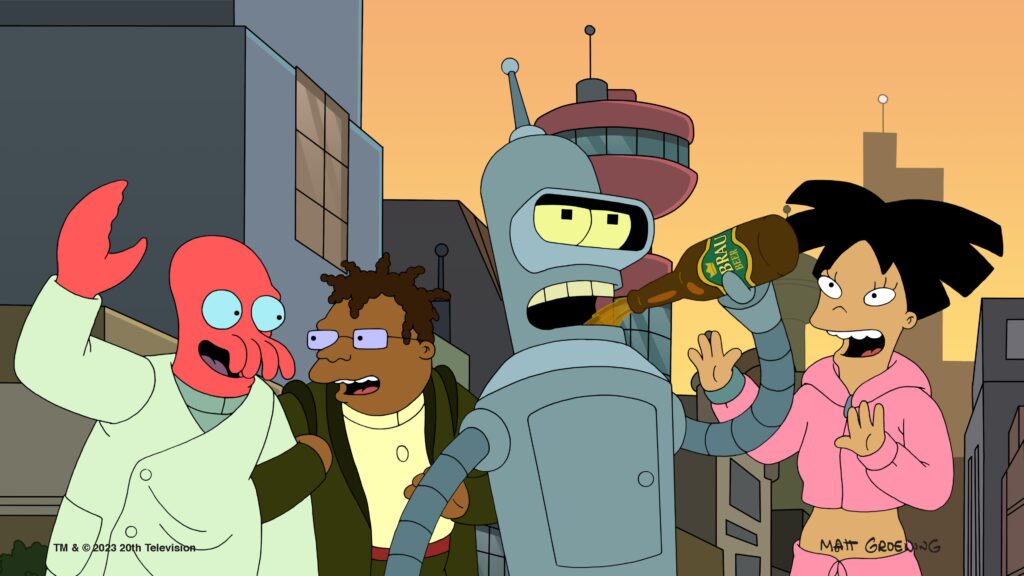Remy & Arletta is a powerful indie portrait of young queer affection
Written by Ian Thomas Malone, Posted in Blog, Movie Reviews, Pop Culture
High school narratives are in many ways better suited for adults who have been through the hellish ordeal that is the American education system than the children who may be inclined to see their own present as the most pivotal point in their lives. For many, especially members of the LGBTQ community, high school is something to be survived. Any notion of thriving should come with the requisite understanding that life is not defined by anything that happens during those chaotic four years.
The film Remy & Arletta centers its narrative on a young woman juggling a particularly challenging set of circumstances. Remy (Micaela Wittman, who also penned the screenplay) is trying to make it through high school while sharing a motel room with her controlling alcoholic mother Eilene (Amy Benedict). Remy’s best friend Arletta (Riley Quinn Scott) tries to offer her some sanctuary amidst her unstable family life, but something deeper is at play. With an easy, natural chemistry between the two, Arletta develops feelings for Remy in that shaky grey territory between puppy love and codependency, two teenagers in way over their heads with little else going well in their lives but their relationship with each other.
Shot on a nano-budget, director Arthur de Larroche crafts a first-rate production that stands far above any limitations presented by the realities of filmmaking through a brisk seventy-one minute runtime. The film mostly belongs to Wittman, whose Remy is relatable and genuine, earning both the sympathies and frustrations of the audience through a few of her decisions. High schoolers often feel like they’re carrying the weight of the world under normal circumstances. Remy’s life is a mess, and yet she still perseveres, chasing her dreams while lugging around more emotional baggage than anyone that age should ever have to carry.
Remy & Arletta presents an authentic take on the unique challenges of queer high school romance while never caving to the fantasies that young people often project onto their worldviews. There’s a reason most of us look back on our high school tenures and cringe. High school is in many ways a great canvas to fling as much stuff on as possible before college and the real world whisk you away to less hormonal pastures, a privileged perspective that sadly not afforded to people in Remy’s situation.
The real triumph of the film is Wittman’s ability to remind her audience of the whimsical feelings that young queer love can bring to any of us blessed, or cursed, enough to have experienced it for ourselves. Remy & Arletta stands out for its grounded and earnest take on a highly chaotic time in American teenage life. High school shouldn’t be the defining chapter in anyone’s life, but the film makes a wonderful case for the beauty of those fleeting moments we once clung to, when we were young.
















